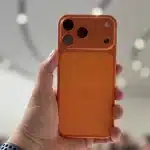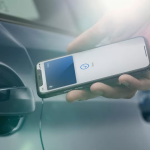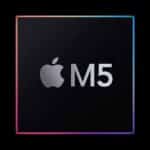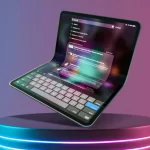Apple is currently fighting a patent infringement lawsuit involving the advanced camera technology used in the iPhone 15 series. The lawsuit, filed by Boston-based camera maker SiOnyx, alleges that Apple violated patents related to full-color night vision imaging sensors.
The Claims Against Apple
SiOnyx’s lawsuit centers on patents titled “Pixel Isolation Elements, Devices, and Associated Methods,” which detail innovations in photosensitive devices. These advancements use silicon-based photonics to create smaller, more affordable, and higher-performing imaging components. SiOnyx claims that Apple had prior knowledge of these patents, citing communications between the companies as far back as 2014.
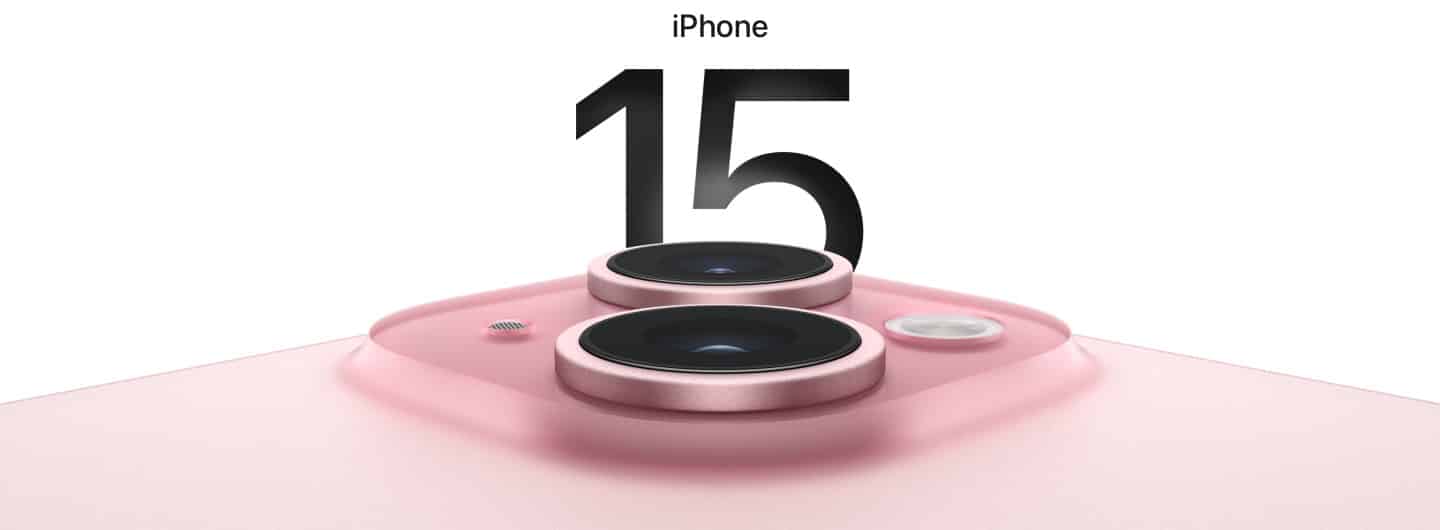
In a 2017 meeting, SiOnyx shared proprietary details about trench isolation structures and black silicon technology. The company alleges that Apple used this information without authorization in its iPhone 15 cameras, violating three patents in the process.
Apple’s Legal Defense
Apple has denied the allegations and filed a motion to dismiss parts of the case. The company argues that some claims rely on a pre-suit agreement between Apple and SiOnyx. According to Apple’s attorney Michael D. Strapp, this agreement explicitly prohibits the use of certain communications as the basis for new claims.
Strapp has also referenced previous legal precedents to challenge the validity of SiOnyx’s new allegations. Apple maintains that it has not engaged in willful, induced, or contributory infringement.
Broader Implications
The case underscores the ongoing legal battles in the tech industry over intellectual property. Companies like Apple and SiOnyx invest heavily in innovation, making patent disputes a common occurrence. If SiOnyx succeeds, it could set a precedent affecting how companies handle proprietary information during pre-suit communications.
What’s Next?
The case is currently under review, with Apple pushing to have certain allegations dismissed. Meanwhile, SiOnyx continues to pursue its claims, aiming to hold Apple accountable for what it views as a misuse of proprietary technology.


